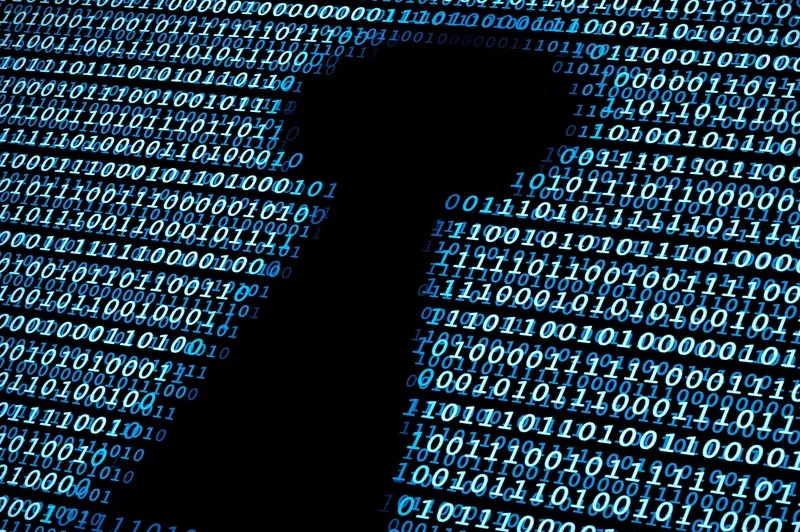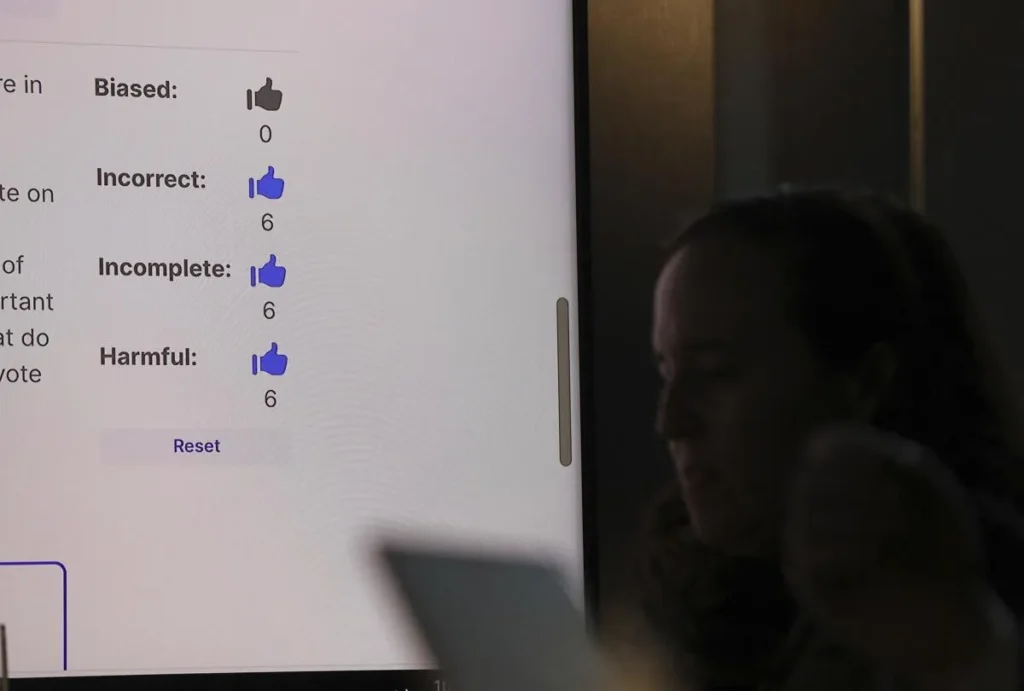DDoS cyber attack on the 2024 Mexican electoral

A DDoS cyber attack on the 2024 Mexican electoral process is possible according to a recently published report.
The 2024 electoral process will be recognized as the largest ever in Mexico.
We recall that federal elections and the concurrence of the 32 federal entities will be held.
In this sense, there is the threat of a DDoS cyber attack in the Mexican electoral process.
A DDos error is a distributed denial of service (DDos), and could disrupt the normal course of the electoral process and undermine public confidence in the voting systems.
It is important to note that there is concern about a possible cyber DDoS attack in the Mexican electoral process as interference, which could generate serious consequences for the integrity of the democratic process, even altering the results in extreme cases.
In this sense, Google and INE have joined forces to prevent a DDoS cyber attack in the Mexican electoral process.
In this way, ensuring transparency in election information.
This has been achieved by displaying data panels in relevant search results, such as “Elections Mexico” or “Elections 2024 Mexico”, which direct users to the official INE websites.
In addition, measures have been implemented to counter a DDoS cyber attack on the Mexican electoral process.

READ MORE: TECHNOLOGICAL CONFLICT BETWEEN CHINA AND THE UNITED STATES.
A real threat: DDoS cyber attack on the 2024 Mexican electoral
The fraudulent use of artificial intelligence in the 2024 elections, is latent, hence the signing of the “Technological Agreement to Combat the Deceptive Use of AI in the 2024″ Elections in collaboration with other entities.
It is worth mentioning that DDoS in the context of elections refers to a type of cyber attack that aims to disable or bring down a website, web application, cloud service or other online resource.
A DDoS cyber attack in the Mexican election process could generate an overload with meaningless connection requests, spoofed packets or other malicious traffic.
During the election period, such attacks could compromise the accessibility of government web platforms, such as those of electoral institutions, generating distrust in established voting methods.
READ HERE: THE ISSUE OF CLIMATE CHANGE ENTERS THE ELECTION DISCUSSION.

DDoS attacks have the ability to completely exhaust the available bandwidth on a targeted network or between services, resulting in the inability of legitimate users to access resources on that network.
These attacks can be of two main types: volumetric, which flood networks and resources with an excessive amount of traffic, or asymmetric, which exploit vulnerabilities in networks or services to generate much larger responses than the original requests.
A DDoS attack in the middle of election season in Mexico could have significant repercussions, among them:
- Service interruption: A DDoS attack could result in the need to suspend service for a period of time, which could affect the availability of official websites, such as those of electoral institutions, and undermine confidence in voting mechanisms.
- Loss of confidence: DDoS attacks could undermine confidence in voting mechanisms, as they could hinder the development of the electoral process and generate doubts about the integrity of the elections.
- Modification of election results: In extreme situations, DDoS attacks could modify election results, with serious consequences for the free society and the legitimacy of elections.
- Reputational damage: DDoS attacks can damage the reputation of electoral institutions and erode citizen confidence in the electoral process.
- Disrupted operations: DDoS attacks can cause disruptions in operations, especially for those that rely heavily on online services.






